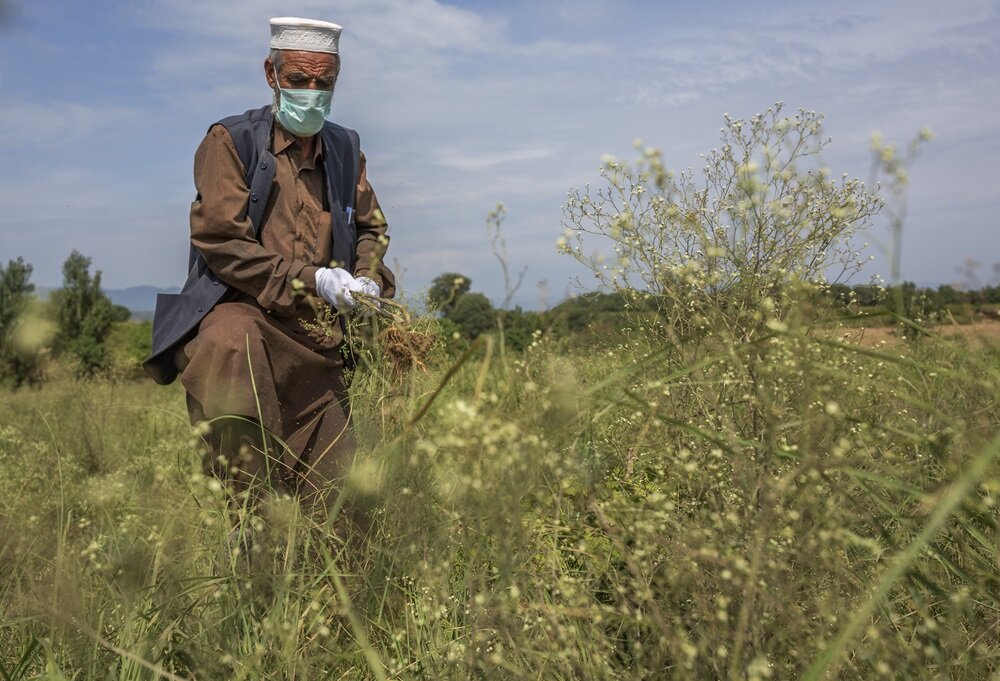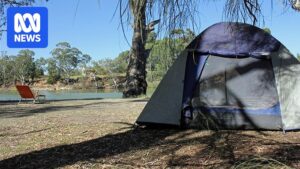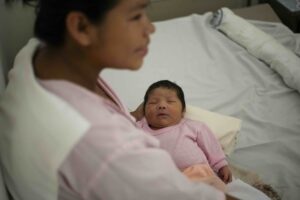
A recent study led by CABI has highlighted the urgent need for increased access to information for women in Pakistan regarding the management of parthenium weed. This invasive species, known scientifically as Parthenium hysterophorus, poses significant threats to agriculture, the environment, and health in Pakistan. The research underscores the crucial role of smallholder farmers, particularly women, in managing this pervasive weed.
The study, published in the journal CABI Agriculture and Bioscience, examined the knowledge, attitudes, and practices of smallholder farmers towards parthenium and its biological control. The findings suggest that empowering women with knowledge could significantly enhance the effectiveness of biological control methods and improve health outcomes.
The Threat of Parthenium Weed
Parthenium, listed among the “100 most invasive species in the world” by the International Union for Conservation of Nature (IUCN), has spread to over 50 countries, including Pakistan. Originating from Central and South America, Mexico, and the Caribbean, this weed has become a formidable adversary in many regions due to its rapid spread and adaptability, exacerbated by climate change.
In Pakistan, parthenium displaces native flora, competes with crops, and poses health risks to humans and livestock. Contact with the weed can cause skin irritation, fever, and respiratory issues, while livestock suffer from digestive problems and reduced productivity.
Biological Control as a Sustainable Solution
An integrated management approach, which includes classical biological control, is widely recognized as the most effective strategy for managing invasive species like parthenium. The approval of the stem-boring weevil, Listronotus setosipennis, as a biological control agent in Pakistan marks a significant step forward. This method requires the active participation of farmers to ensure its success.
Kate Constantine, a Project Scientist at CABI and co-author of the study, emphasized the importance of extension agents in promoting biological control methods. “Extension agents have an important role in advising farmers and promoting the use of alternatives such as biological control,” she noted. However, she pointed out that women often have limited engagement with these activities.
Gender Disparities in Access to Information
The study involved surveys with 562 farmers across Khyber Pakhtunkhwa, Punjab, and Azad Jammu and Kashmir, revealing stark gender disparities. Women, who often engage in hand weeding, reported higher exposure to parthenium and its health impacts. Yet, they have less access to extension services and training, which are typically dominated by men due to prevailing social norms.
Dr. Philip Weyl, Head of Weed Biological Control at CABI, highlighted the economic burden parthenium imposes on farmers. “Farmers are spending limited resources on parthenium management, not to mention additional costs for medicine or for employing laborers when health effects are experienced,” he explained. He stressed that area-wide biological control could alleviate these burdens if effectively implemented.
Recommendations for Enhancing Women’s Participation
The researchers recommend targeted awareness campaigns and training programs to improve women’s access to information on parthenium management. These initiatives should focus on face-to-face communication and other verbal methods to effectively reach women farmers.
By increasing women’s knowledge and involvement, the study argues, Pakistan can enhance the management of parthenium and protect the health of its agricultural communities. This approach not only empowers women but also strengthens the overall resilience of farming practices against invasive species.
For further details, the study by Kate Constantine et al., “Smallholder farmers’ knowledge, attitudes and practices towards parthenium and biological control in Pakistan: A gendered perspective,” can be accessed in CABI Agriculture and Bioscience.






